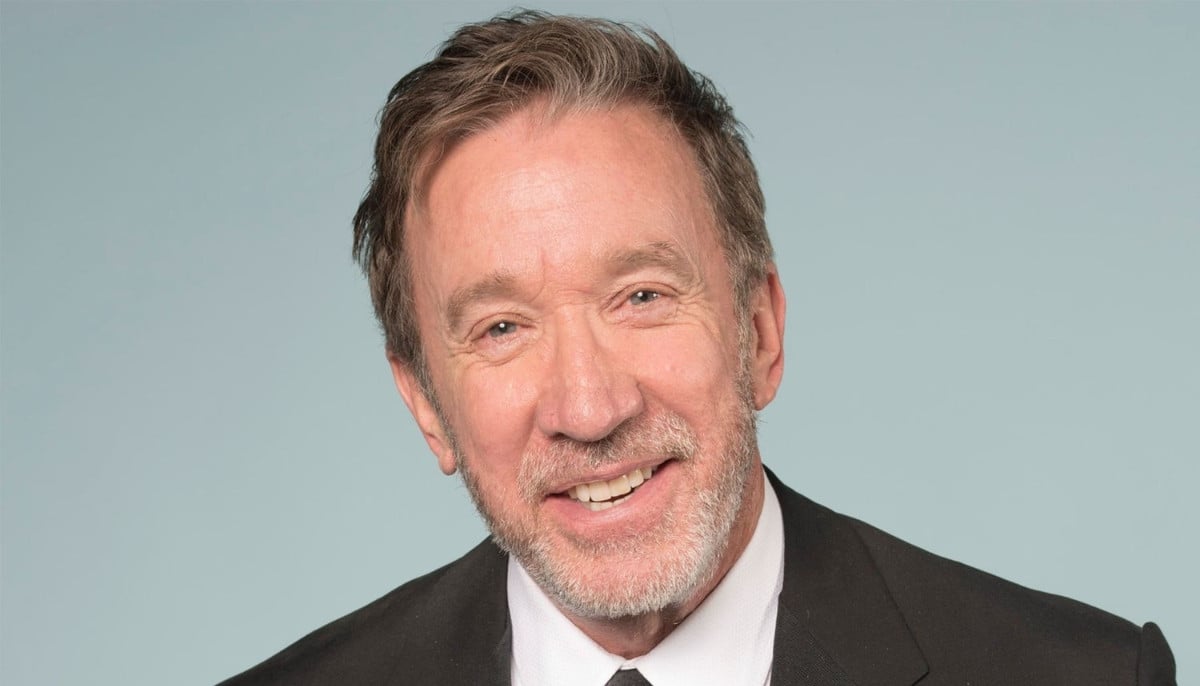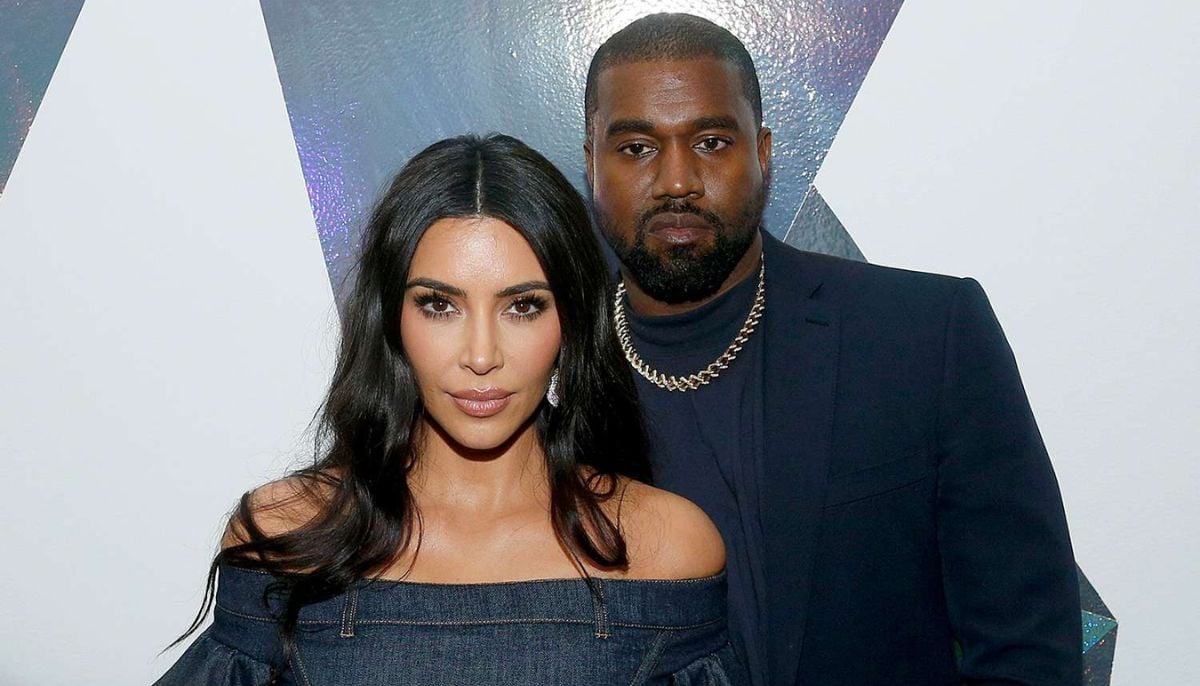The pushback came quickly after Taiwan’s president, Lai Ching-te, last month began a comprehensive campaign against what he said was growing Chinese eavesdropping and subversion.
Beijing retaliated across the Taiwan Strait, warning that he was “playing with fire” and launching a barrage of military ships and aircraft close to the island. Opponents of Mr. Lai in Taiwan claimed he was recklessly inciting China.
However, despite Beijing’s warnings and the potential for Taiwan’s opposition parties to further push back against his agenda, Mr. Lai is betting that he can—and, according to his backers, must—take a tougher stance against Chinese influence right now.
According to David Sacks, a fellow at the Council on Foreign Relations who keeps tabs on Taiwanese politics, Mr. Lai seems to have come to the conclusion that China will curtail its activities against Taiwan while Beijing concentrates on attempting to negotiate with President Trump over the intensifying trade war.
For decades, Taiwan’s political parties have debated whether to try to cooperate with China or to keep the island from being seized by force if Beijing authorities so choose. China is Taiwan’s neighbor. Since Mr. Lai said on March 13 that China was a “foreign hostile force” that was abusing Taiwan’s freedoms to “divide, destroy, and subvert us from within,” the argument has become more acerbic.
Restoring military tribunals to trial Taiwanese military members suspected of espionage and other security offenses was one of the 17 measures he outlined to fight back. To prevent what he claimed was Beijing’s political manipulation of religious, educational, and cultural exchanges, he wanted to keep a closer eye on Taiwanese people’s interactions with China. He called for more information to be made public on Taiwanese officials who travel to China. The opposition Nationalist Party is home to a large number of these politicians.
Mr. Lai and his Democratic Progressive Party are hated by Beijing, which views them as separatists. Chinese authorities swiftly condemned Mr. Lai’s remarks, particularly his use of the phrase “foreign hostile force.” Mr. Lai was charged by Taiwan’s opposition Nationalist Party, which supports relations and dialogue with China, with needlessly escalating tensions.
Prominent Nationalist politician Hsu Chiao-hsin stated in an interview that “singling out mainland China and the Chinese Communist Party in particular is to some degree a provocation.” “This will cause tensions across the strait to increase even further.”
Politicians that support nationalism said that they will oppose at least some of Mr. Lai’s suggested actions. They contend that it is regressive to reinstate military courts, which were disbanded in 2013 in response to demonstrations against troop abuses. Mrs. Hsu stated, “Many of these 17 steps restrict people’s civil rights.”
Another lawmaker from the Nationalist Party, Ko Chih-en, charged that Mr. Lai had wrongly characterized his domestic opponents as “red” instruments of Beijing. “Avoid giving a red hat to anyone who has any connection to China in order to instill fear in everyone.”
Mr. Lai’s plans, including—perhaps most importantly—a projected boost in military spending intended to appease Washington, may become even more complicated as a result of the growing political acrimony. According to President Trump and his staff, Taiwan’s defense budget should be significantly increased from its present level, reaching up to 10% of its GDP.
Last month, Lai pledged to raise total defense expenditure to nearly 3 percent of the economy later this year through the use of an additional “special budget.” However, the Nationalists and the Taiwan People’s Party control a majority in Taiwan’s legislature, which must approve the increase.
According to Mr. Sacks, Mr. Lai could be hoping that Taiwan’s opposition parties would eventually support the proposed rise in military spending, even though they are angry with him.








_updates.jpg)





